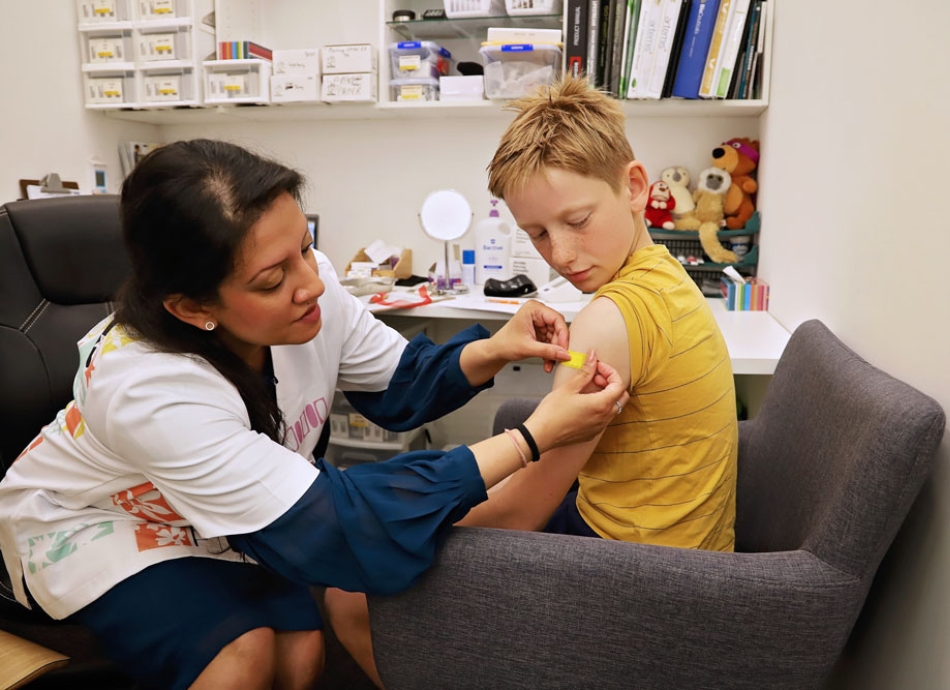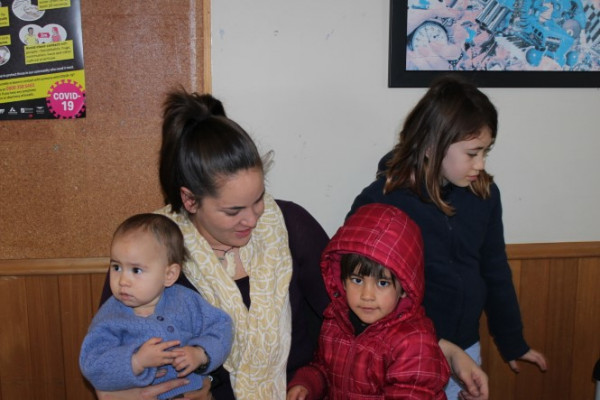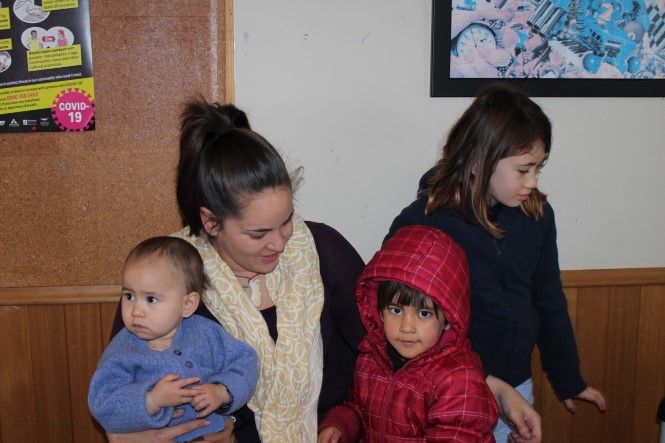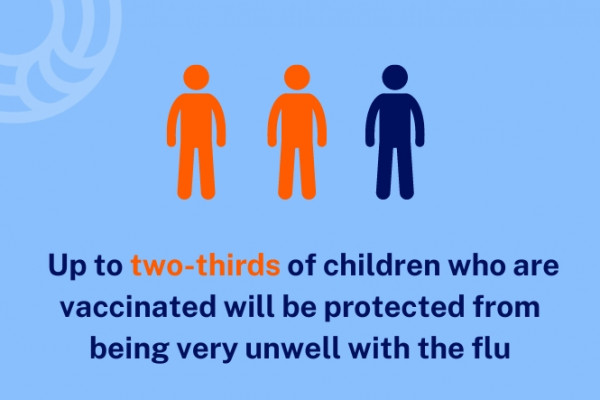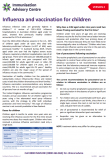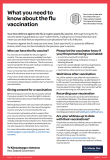Everyone from 6 months of age is advised to get a flu vaccination EACH year to protect themselves and to reduce the spread of flu.
- It's best to give your child the flu vaccine as soon as you can.
- Winter is the time when your child is most likely to come into contact with the flu and it takes about 2 weeks for the flu vaccination to be most effective.
- Everyone over 3 years old can get flu immunisations at many pharmacies.
- Tamariki can get a flu vaccine at the same time as any other vaccine on the National Immunisation Schedule(external link).
- If your child is 12 years of age or older and severely immunocompromised, or has a medical condition that puts them at a higher risk of severe illness from COVID-19, they can get a COVID-19 booster vaccine at the same time as the flu vaccine.
The flu vaccine is free for some tamariki
From Tuesday 2 April 2024, tamariki can get a free flu vaccine from their healthcare provider if:
- they are aged 4 years and under and have a serious respiratory condition.
- they are 6 months or older with underlying health conditions, including:
-
- asthma that requires taking a preventer inhaler regularly
- an autoimmune disease
- heart or kidney disease
- cancer
- diabetes
- mental illness (eg, schizophrenia) or they're currently accessing mental health services
- a cochlear implant.
Read more about the free flu vaccine eligibility criteria at Health New Zealand | Te Whatu Ora.(external link)


